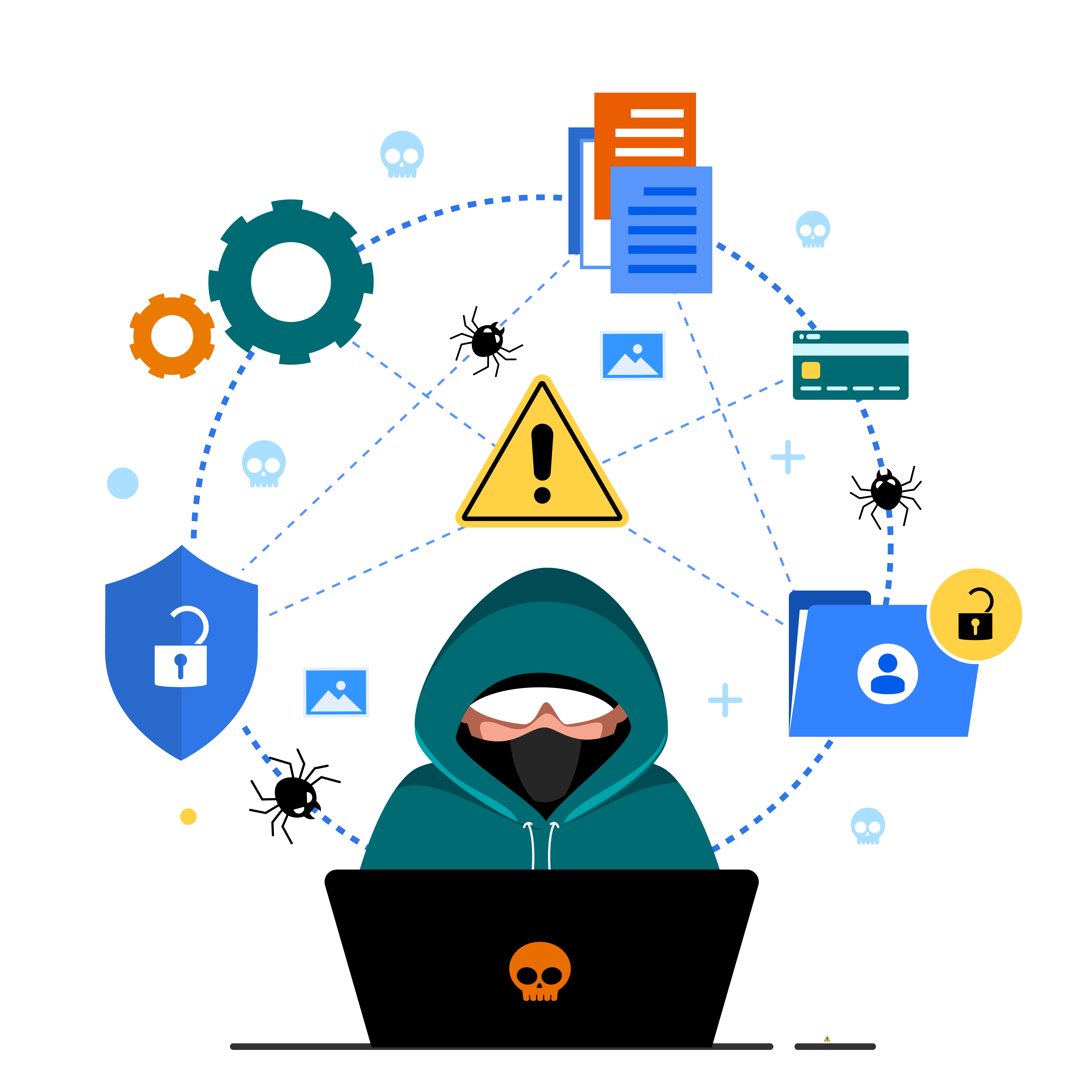Picture this: You’re sitting at your computer, browsing the web, when suddenly everything comes crashing down. Your screen freezes, strange error messages pop up, and your once fast and reliable computer slows to a crawl. What could be the culprit? Well, my friend, it’s highly likely that you’ve fallen victim to a computer virus. But fear not! In this article, we’ll dive deep into the world of computer viruses, exploring what they are, how they infect your system, and most importantly, what you can do to protect yourself and reclaim your digital kingdom.
Understanding Computer Viruses
Before we delve into the nitty-gritty of combating computer viruses, let’s first understand what they actually are. In simple terms, a computer virus is a malicious software program designed to replicate itself and infect other computers. Just like a biological virus, it spreads from one host to another, causing harm along the way.
How Do Computer Viruses Infect Your System?
Computer viruses are crafty creatures that can find their way into your system through various channels. Here are a few common methods they employ:
1. Infected Email Attachments
One of the most prevalent ways computer viruses sneak into your computer is through infected email attachments. You receive an innocuous-looking email, open the attachment out of curiosity, and voila! The virus infiltrates your system, ready to wreak havoc.
2. Malicious Websites
Browsing the web can be a risky endeavor if you’re not careful. Malicious websites are virtual breeding grounds for computer viruses. Simply clicking on a compromised link can initiate the download of a virus onto your computer.
3. Infected External Devices
External devices such as USB drives, external hard drives, or even smartphones can harbor viruses. Plugging in an infected device to your computer can lead to a quick infection.
4. Software Downloads
Downloading software or files from untrustworthy sources is akin to inviting a virus into your system. Cracked software, illegal downloads, and unverified sources often come bundled with hidden surprises, like computer viruses.
Protecting Yourself Against Computer Viruses
Now that we’ve identified how computer viruses infiltrate your system, let’s shift our focus to prevention and protection. Here are some tried and true methods to keep those pesky viruses at bay:
1. Install Reliable Antivirus Software
Investing in a reputable antivirus software is the first line of defense against computer viruses. These programs scan your system, detect and eliminate any malicious software attempting to invade your digital space. Keep your antivirus software up to date to ensure it can effectively combat the latest threats.
2. Exercise Caution with Email Attachments
Email attachments can be enticing, but exercise caution before opening any attachments, especially if they come from unknown sources. Scan them with your antivirus software before opening and double-check the sender’s legitimacy.
3. Browse Safely
When surfing the web, make sure to stick to trusted websites and avoid clicking on suspicious links. Look out for the padlock symbol and “https” in the URL, indicating a secure connection. Also, keep your browser and plugins up to date to patch any vulnerabilities that hackers could exploit.
4. Regularly Update Your Operating System
Operating system updates often contain vital security patches that safeguard against known vulnerabilities. Neglecting these updates leaves your computer exposed to potential attacks. Enable automatic updates or make it a habit to check for updates regularly.
5. Be Wary of Downloads
Before downloading any software or files, ensure they come from trustworthy sources. Stick to official websites or reputable platforms to minimize the risk of downloading infected files.
6. Backup Your Data Regularly
In the event of a computer virus infection, having a recent backup of your important data can be a lifesaver. Regularly back up your files to an external hard drive, cloud storage, or both. This way, even if your system gets compromised, you can easily restore your files without losing precious data.
FAQs About Computer Viruses
Q: Can a computer virus damage my hardware?
A: While most computer viruses focus on infiltrating and compromising software, there are rare cases where they can damage hardware components. However, these instances are quite rare.
Q: Are Mac computers immune to computer viruses?
A: While it’s true that Mac computers have historically been less targeted by viruses compared to Windows PCs, they are not immune. As their popularity grows, so does the interest of hackers in exploiting vulnerabilities in Mac systems.
Q: Is it possible to remove a computer virus without antivirus software?
A: It can be challenging to remove a computer virus without the help of antivirus software. Antivirus programs are specifically designed to detect and remove viruses efficiently. However, in some cases, manual removal may be possible, but it requires a high level of technical expertise.
Conclusion
Computer viruses are an unfortunate reality of our digital age, but with the right precautions and tools, you can minimize the risk of falling victim to their malicious intents. By installing reliable antivirus software, exercising caution when opening email attachments, browsing safely, keeping your operating system up to date, and backing up your data regularly, you can build a strong defense against computer viruses. Stay vigilant, stay informed, and keep those viruses at bay. If you need any help, contact Computer Emergency Room today!

